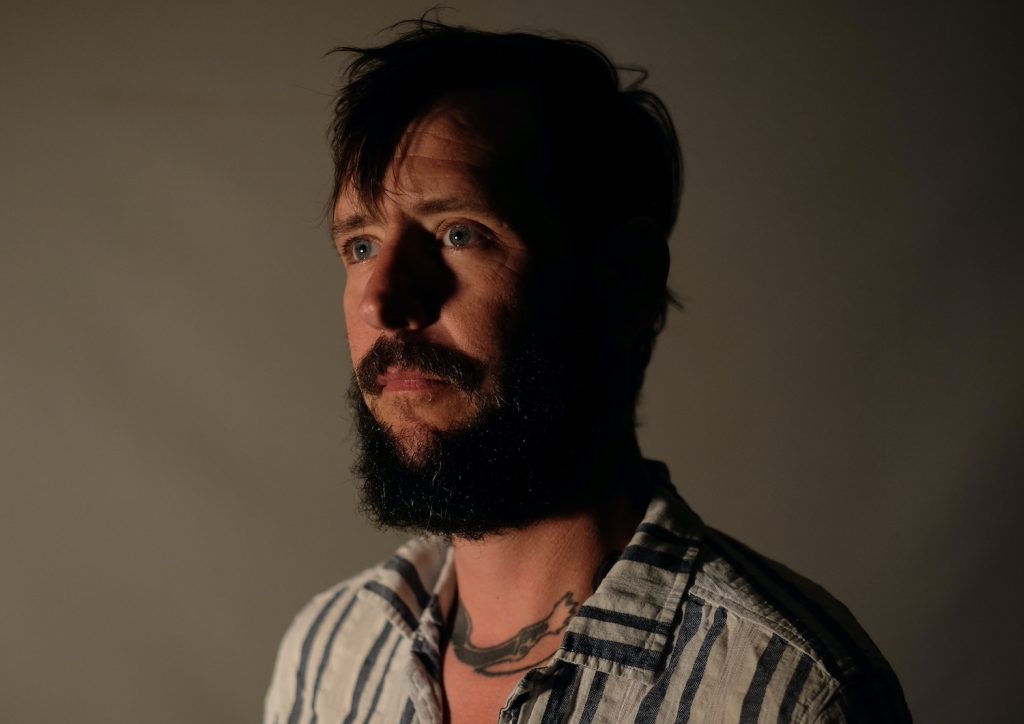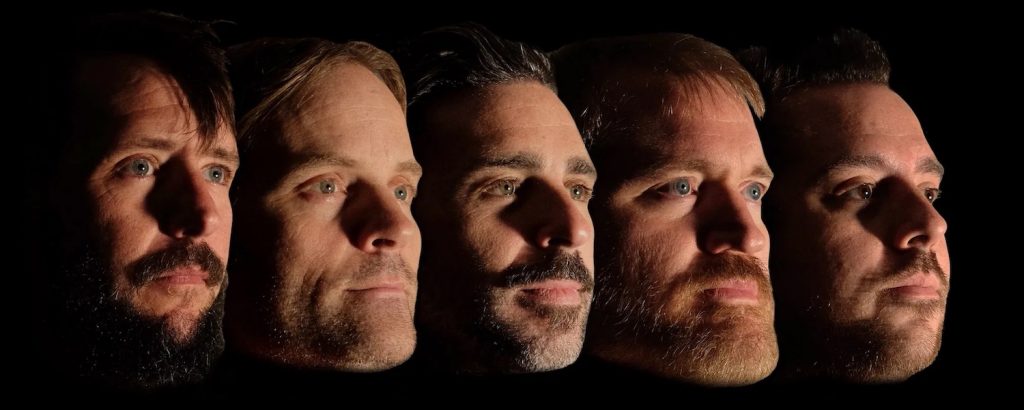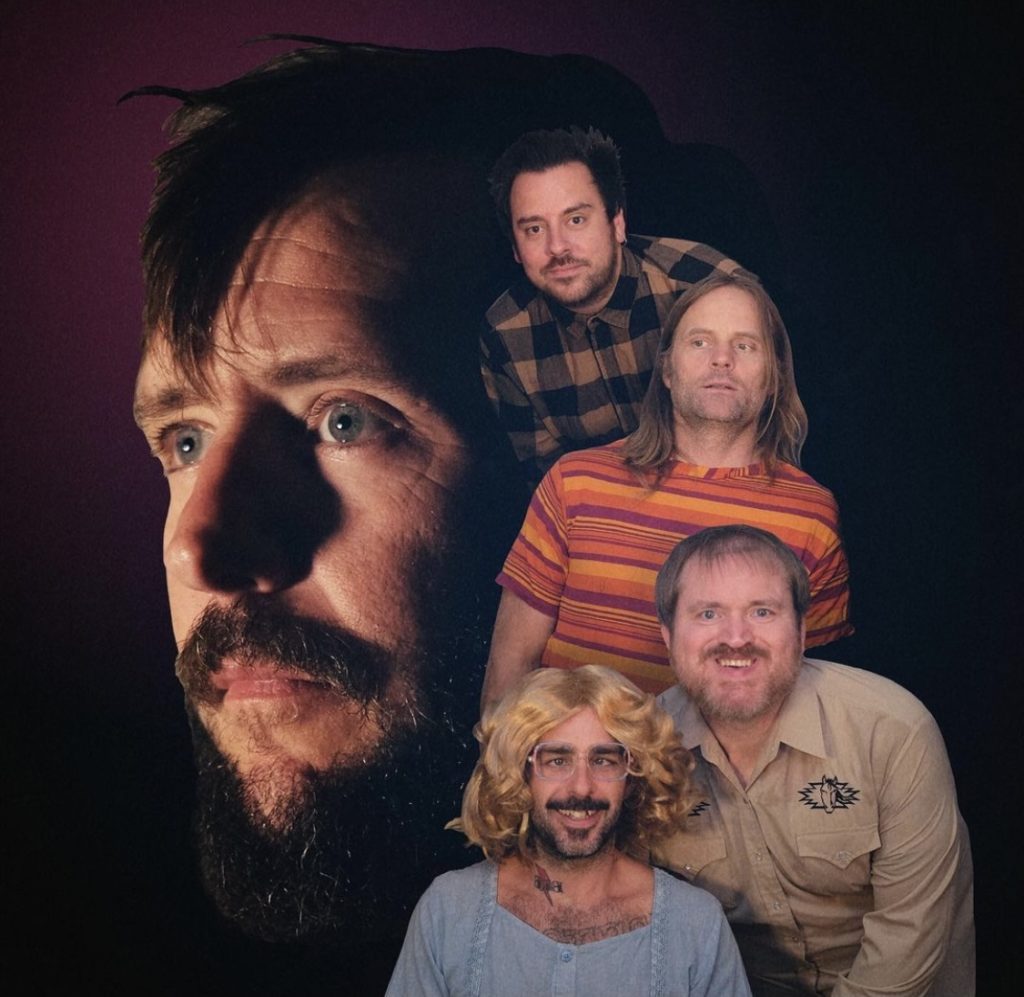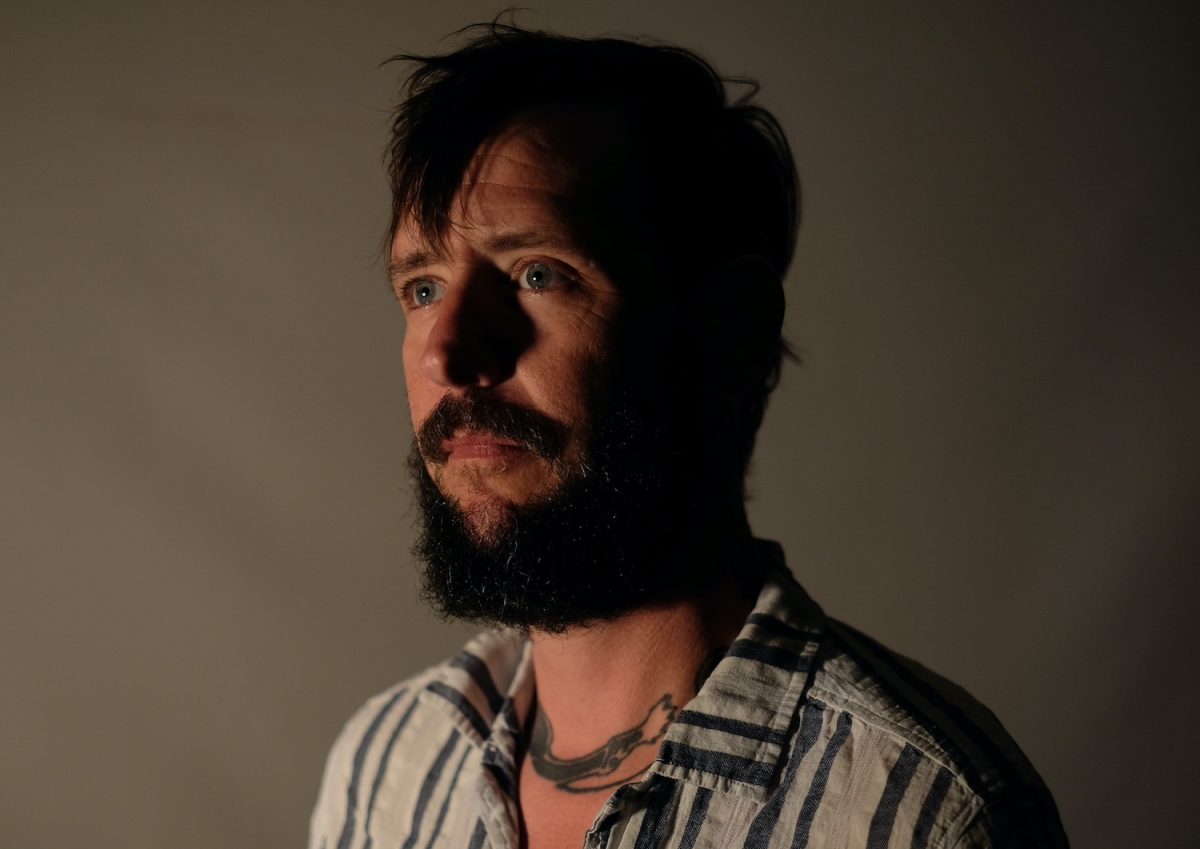
Band Of Horses frontman Ben Bridwell is excited to be performing again after being sidelined for much of the pandemic. He spoke with MAGNET before BOH’s Sunday set at the Shaky Knees Music Festival in Atlanta, talking about his experience during quarantine, camaraderie among fellow touring artists, new album Things Are Great (BMG) and what’s next for Band Of Horses.
You’re from South Carolina. Were you coming from there to Shaky Knees?
Bridwell: We were actually in North Carolina for a festival called Bear Shadow, then drove into Atlanta yesterday. So we had a day to kind of chill and get ready for today. After this we are going to (Santiago de Querétaro) Mexico.
Have you been touring a lot this year?
Not as much as we would like. We are still kind of getting back on our feet again. It’s weird having a new record out and then feeling like you are sitting on your hands a bit. But we’ve been fortunate to find some dates here and there. Mostly in the South, where it’s like, “OK! We don’t care if we are a superspreader event!” We’ve done virtual concerts when things were really bad. I’d say we would be doing a lot more touring, but we are fortunate to have gotten the shows we have got.
In that same vein, how has the pandemic affected you personally and professionally?
How much time you got? [Laughs] It was and still is pretty weird. I still don’t really go out that much. I mostly avoid places because I don’t want to put my bandmates and crew members in jeopardy by getting the virus right before we are supposed to leave. Our dates have been so spotty that you are always on your heels a bit. It’s been pretty awful financially, and just like, it’s been awful. I think most people feel that way.
But with a job like yours, you are out there performing in front of lots of people, who are watching you, you know—together. So it’s probably a little bit different for you.
I don’t want to be so negative like that because I will say that once you get in front of people to perform, to see that camaraderie again, not only among show-goers but between the band and attendees, that is really real. And to have been denied that for so long, it was such a relief to feel that camaraderie again!
I’m wondering, too: You probably write songs alone or with bandmates—I don’t know what your process is—but can you describe that a little bit and how it changed due to the pandemic?
I wish I could say that it was a writing fest—you know, just cranking out new tunes. I went to covering songs just to stay agile or adept with the guitar and with my singing voice. I ended up covering a couple albums’ worth of songs even if they sounded like crap, just to have something to do where it’s not “up one’s own ass” so to speak. Because it’s, like, too much time on your hands! So it wasn’t very beneficial for that process.
What was your process in writing Things Are Great then? You came out of the pandemic with an album.
It was actually all done and mixed right before COVID happened. So it was weird. Speaking of sitting on hands—this thing is finally done, and for it to get held up was a bit maddening.

So back to Band Of Horse’s early years. You started with Sub Pop, selling CDs, and obviously the music industry has changed since then. And the composition of your band has changed since then. How has that impacted you professionally and musically over the years?
Quite a bit! Getting picked up by Sub Pop was huge for us. It made no sense to me, having been kind of languishing in the industry for a good 10 years before that. Then to release two records with Sub Pop, then to Columbia, then switch to Interscope and now to BMG, I mean it’s been a murderer’s row of not only labels but band members. Where if you look up the Band Of Horses Wikipedia page it’s like, “Oh, my God”—just the people who can be named, not to mention the people who aren’t. It’s been a constantly evolving process. I intend to keep it that way as long as things are moving in a productive manner.
How was it for you making this album? Was your process different than on previous records?
Yeah. The one before it (2016’s Why Are You OK) I used the same process as for this one. I’m forgetting the names of the albums—there are too many now. [Laughs] I tried to repeat the same process, where Jason Lytle from Grandaddy would produce, Dave Fridmann would mix, and we’d be all good. But somewhere along the lines, things weren’t linking up, and we had to do something different. So we scrapped the project and went back to Charleston, S.C., where I live, and worked with my friend Wolfie (Wolfgang Zimmerman) down there. We were recording in a storage space, so it got a little more rough-and-tumble and a little bit gnarlier, and we got to focus more on the rag-tag aspects of the band.
When you come to a festival—and you’ve played at many of them—what’s your schedule like? Do you play and leave and go to the next stop? Or do you hang out and listen to some acts?
It depends on our travel schedule. A lot of times drivers are like, “Get me the hell outta here.” But today our driver is like, “I’m going to stay and watch y’all’s show.” I’m like, “You don’t have to do that! We can still be friends. I won’t get offended. I don’t wanna see you over there looking at us!” We usually dip pretty quick and get out of the way. There will be certain circumstances where, like, in Spain, for instance, they wanted to meet Liam Gallagher, so we’d hang back and get an Uber to the hotel after. Or sometimes the driver has gotta get on to the next spot, so you do have to dip pretty quick. But I prefer to hang out for the most part. The more professional and streamlined things get, those opportunities are fewer and farther between.
Have you seen that happening more and more with the music industry?
I do. Maybe because there are only like three people that run these things, at least in America. There is a standard that has been set by C3, Goldenvoice and some others. There is a professionalism that has been established, which I like. I like that you can expect a good PA, a good sound system, people to help you grab gear, a crew to help get you on- and offstage. But it does feel a bit cookie-cutter at times, too.
You mentioned Liam Gallagher. What artists inspire you? Who did you listen to growing up?
The guy who plays bass with us (Matt Gentling), he was in my favorite band growing up: Archers Of Loaf. Growing up in South Carolina, we didn’t have many big-name indie bands. So we kind of hung our hats on those dudes even though they were from North Carolina. So to have him here with us is such a treat. Now, as far as festivals and things go, I remember that night we met Liam—I remember our tour manager was so excited even though I hadn’t really ever listened to him. I was like, “Oh, hey what’s up!” But our drummer (Creighton Barrett) was absolutely crapping himself about it. I thought it was cute. I was like, “I’ll hang out with y’all.”
But that same night, Interpol was playing Turn On The Bright Lights in full. I was so stoked, man. I have four daughters and I’d gotten them into Interpol, like on the way to school. So I was so stoked to see them. I nerded out and went up to Paul Banks and was like, “I wanna tell you, man, my kids and I listen to you on the way to school. We love your music.” And he was just like, “OK.” Ugh, it was a bit deflating. I mean, he probably just got done with his show, and I catch him five minutes later. I wish it could have been a whole conversation, but it was kind of deflating.
Bands like Tame Impala, you see these bands around the globe. Sometimes you end up on the same circuits together, and it’s, like, somebody needs weed. “Who is holding?” We help each other out with all kinds of things. Maybe somebody’s amp breaks and we lend them an amp. I do find that camaraderie to be something that still exists even in this cookie-cutter framework.

Can you give me any other examples of that camaraderie?
It’s funny because you find kindred spirits out here. There’s so many! There’s so many bands who you just fall in with. Like Ryley Walker— we hung out and spent the night with him and his band in Holland. Playing games in the parking lot. We always bring yard games and things like that. We are no strangers to meeting any band—even obscure European bands—when we are over there. You have no idea who these people are, but they are really fantastic. All of a sudden, you become fast friends. There are so many you meet. White Reaper. So many!
I go to these festivals and think, “I wonder what goes on behind the scenes. I wonder what they are like. Are they friends with each other?”
I saw these kids outside of my dressing room playing hacky sack right before this interview. I really wanted to play, but I didn’t have enough time.
I was here three years ago at Shaky Knees and I remember seeing Peach Pit playing hacky sack in the media area. I guess it’s what people do here in their downtime.
We usually have cornhole. Football.
So your kids are into music?
They are getting there. I never try to force anything on them. Or any Band Of Horses songs on them. But now they are asking me to play Kacey or Taylor every day. Any time we are in the car, it’s Kacey Musgraves or Taylor Swift. Which I don’t mind, because both of them are fantastic.
So what is next for you and Band Of Horses?
Mexico next week. We have a couple weeks off, and then we tour with the Black Keys. It’s kind of a longer, hopefully sustained summer tour. Playing 50 minutes, the second of three bands. Arenas and stuff. We will do that and keep promoting the record. And hold on for dear life, honestly.
Is there anything else you want MAGNET readers to know?
I was a MAGNET subscriber back in the day … I read MAGNET as a kid growing up, and I really love that word-of-mouth that exists in the indie-rock and underground-rock world. Zines and magazines and print media I think is really important. We are all holding on for dear life sometimes. I want to say thanks to MAGNET for getting me into so many good bands.
That’s awesome to hear.
I remember all of the magazine covers and getting into the interviews and reading about bands and learning about them because of the interviews. MAGNET for me was before I discovered the Mojos and the Uncuts and the old Creems. MAGNET was my go-to, and I’m grateful.
—Maureen Coulter







